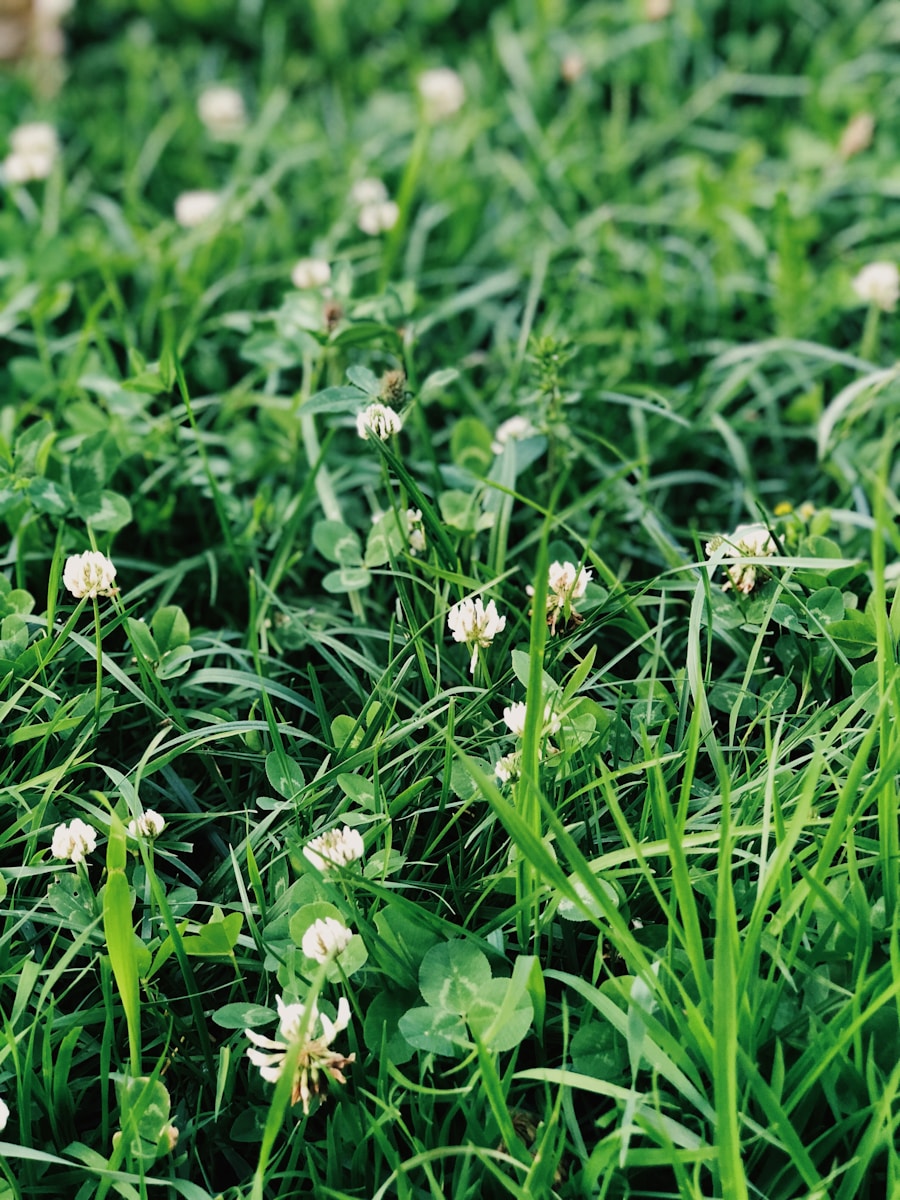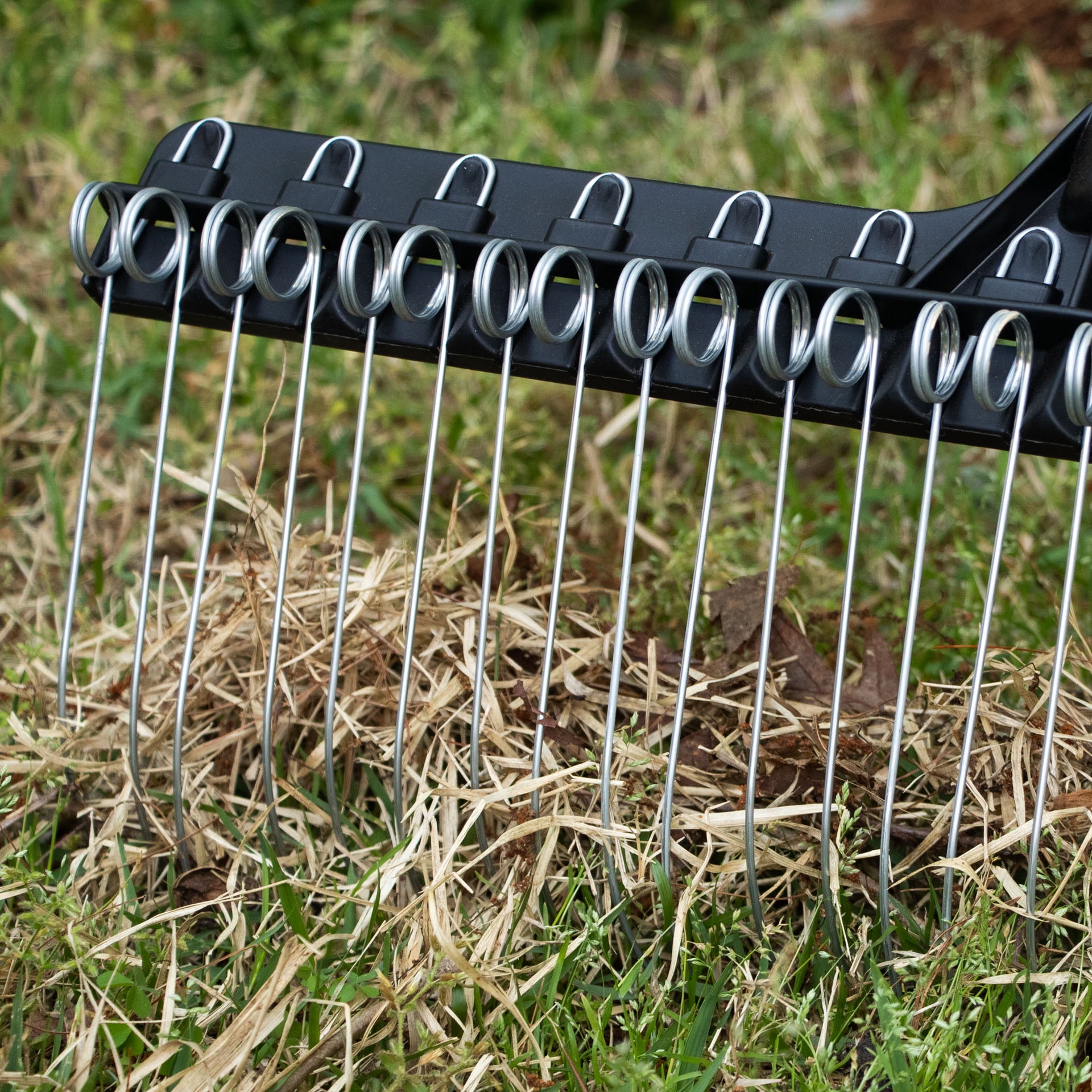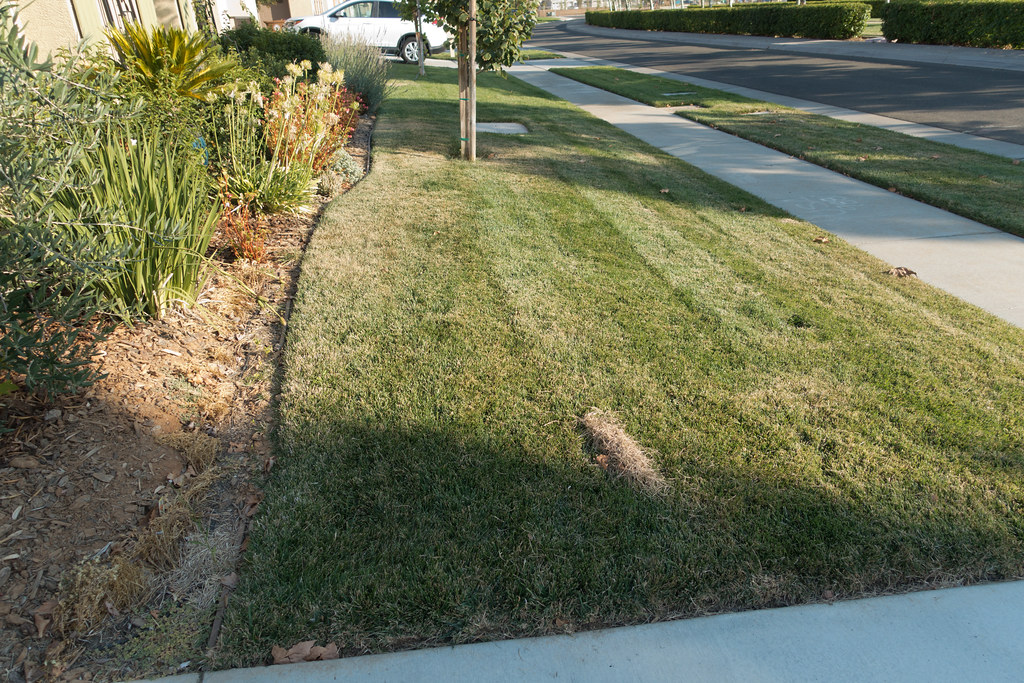One of the best things about a clover lawn is how little upkeep it requires compared to a traditional grass lawn. But “low maintenance” doesn’t mean “no maintenance.” With a few simple habits, you can keep your clover lawn looking healthy, vibrant, and inviting year after year.
Watering
Clover is naturally drought-tolerant, but it still benefits from consistent watering in its first season. Once established, you can cut back significantly. Most homeowners find their clover lawn needs only occasional deep watering during extended dry spells—much less than a grass lawn.
Tip: If your lawn turns slightly brown in midsummer heat, don’t panic. Clover bounces back quickly with the next rain.
Mowing
You can mow clover, but you don’t have to. If you like a neater look, mow every 3–4 weeks. Keeping clover at around 3–4 inches tall will encourage dense growth and discourage weeds.
Tip: If you’d rather avoid flowers (and the bees they attract), mow before clover blooms.
Fertilizing
Skip the fertilizer. Clover makes its own nitrogen by fixing it from the air, which actually improves soil health. This is one of the main reasons clover lawns are so low maintenance—and why they often look greener than grass during the summer.
Weed Control
A healthy clover lawn naturally resists most weeds by crowding them out. If you see a few intruders pop up, pull them by hand or spot-treat with vinegar-based natural herbicides. Avoid chemical weed killers—they’ll damage your clover along with the weeds.
Overseeding
Over time, you might notice thin patches. Overseeding once a year (usually in spring or early fall) helps keep your lawn thick and even. Clover germinates quickly, so you’ll see results within a couple of weeks.
Foot Traffic & Pets
Clover handles moderate foot traffic well, but it’s softer than turfgrass. If you have kids or pets using the yard daily, consider mixing clover with grass for extra durability. Pet urine doesn’t burn clover the way it burns grass, which is a big plus for dog owners.
Seasonal Tips
- Spring: Overseed and water as needed.
- Summer: Water lightly during long dry stretches.
- Fall: Overseed thin spots; mow before the last frost.
- Winter: Clover goes dormant in cold climates but greens up quickly in spring.
The Bottom Line
Maintaining a clover lawn is about letting nature do the work. With less mowing, little watering, and no fertilizers required, it’s a greener and easier way to enjoy your yard.



